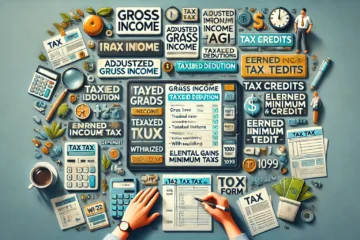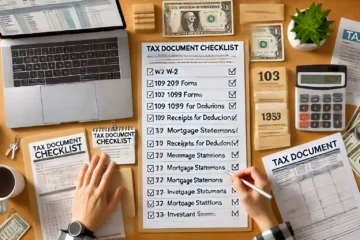Figuring out how many credit cards to have can feel overwhelming, especially when you’re just starting your credit journey. Your ideal number depends on your financial goals, spending habits, and comfort managing multiple accounts. Maybe you’re after best cash-back rewards, or just want a single card to build credit. Whatever your plan, adding cards gradually, rather than all at once, keeps payments manageable and smooths out your credit journey.

Starting Point: Building a Strong Foundation
If you’re new to credit, starting with one or two cards helps build a solid credit history without stress. Paying on time and keeping your balance-to-limit ratio low sets a solid foundation for your credit score. The key here is consistency—starting small makes it easier to keep up with payments and set the right habits.
Finding the Right Number for You
Once you’ve managed one or two cards responsibly, consider adding another if perks like travel points or higher cash-back rates appeal to you. Experts often recommend having two to four cards to help improve your credit score without complicating your finances. This number keeps things manageable and helps reduce your credit utilization rate, which can give your score a lift if you keep those balances in check.
Why Credit Utilization Matters
Credit utilization ratio is how much of your available credit you’re using, and it’s crucial—it makes up about 30% of your FICO score. The lower your utilization ratio, the better you look to lenders. With multiple cards, you can spread out spending, which helps keep balances low and your utilization ratio down. Experts suggest keeping credit utilization under 30%, but closer to 10% is ideal for top scores.
When Less Is More
While adding cards can have benefits, adding too many at once can hurt your score. Each application leads to a “hard inquiry,” which might temporarily dip your score by a few points. So, make the most of your current cards by paying on time and staying within your means before opening new ones.
The Power of Responsible Credit Use
Each card should serve a purpose—whether it’s for rewards, building credit, or budgeting—and fit into a thoughtful financial strategy. Missing even one payment can hurt your score, so prioritize making payments on time every month. Even one late payment can stick on your credit report for up to seven years, so it’s worth putting a reminder or autopay in place to avoid that.
Final Thoughts: A Credit Journey, Not a Race
Building credit is a marathon, not a sprint, so take your time deciding when (or if) to add more credit cards. Building good credit is more about consistency than speed. Start with one or two cards, learn to handle monthly payments, and expand slowly and responsibly. This way, you’ll build credit at a pace that feels right for you, without the stress of juggling too many due dates. And remember, your credit journey is about creating good habits and maintaining a balance—one card at a time.



0 Comments